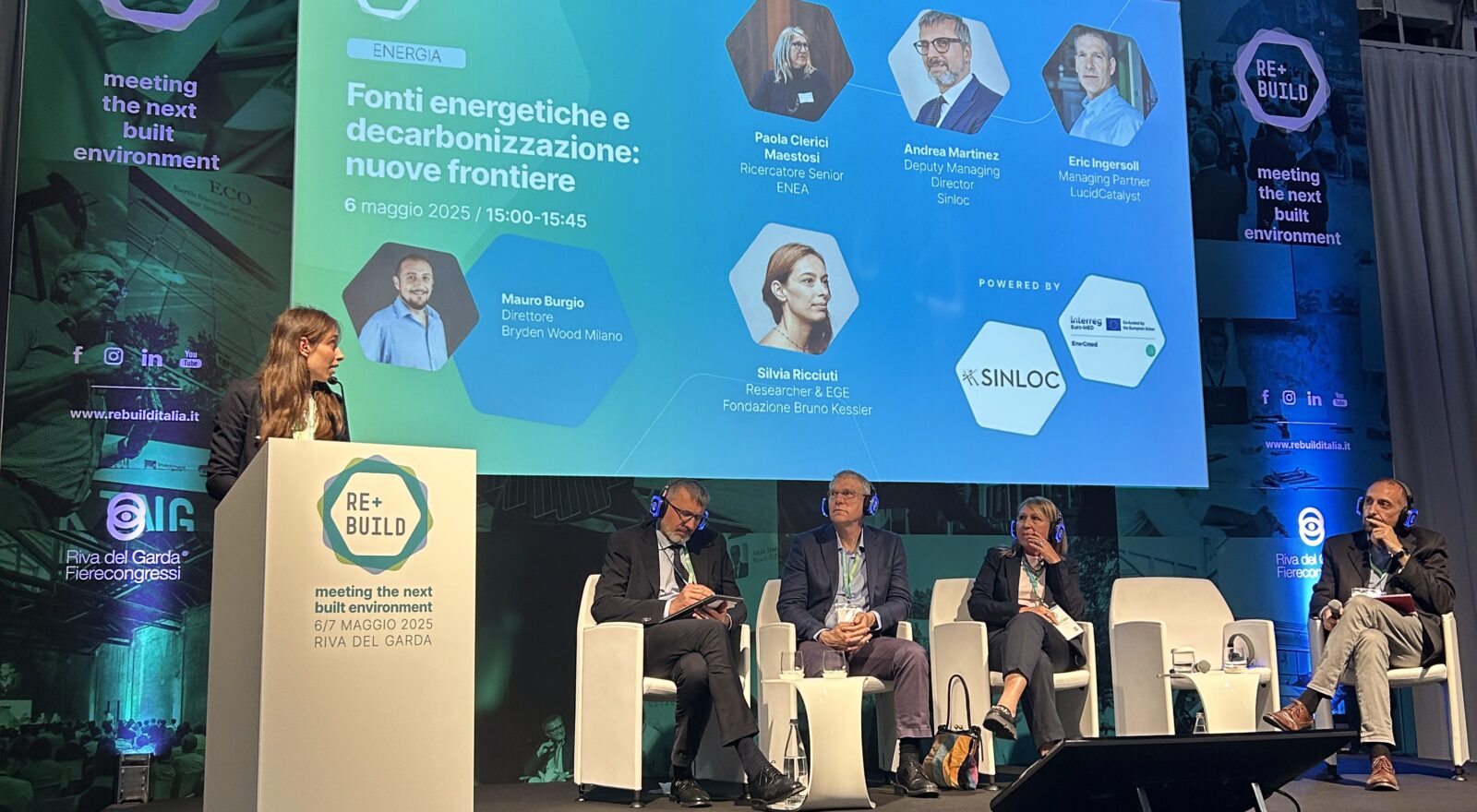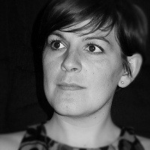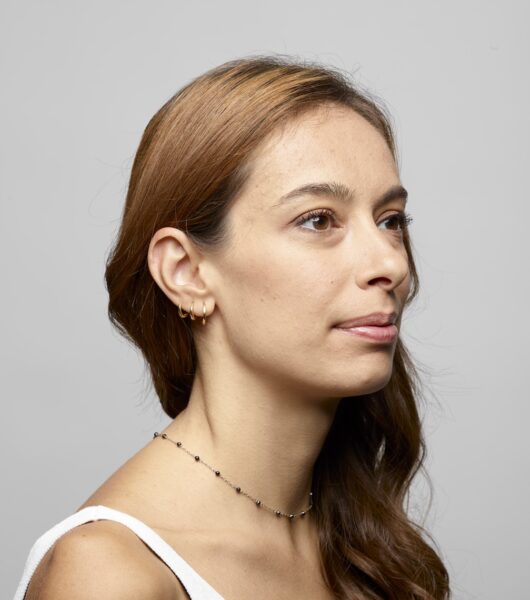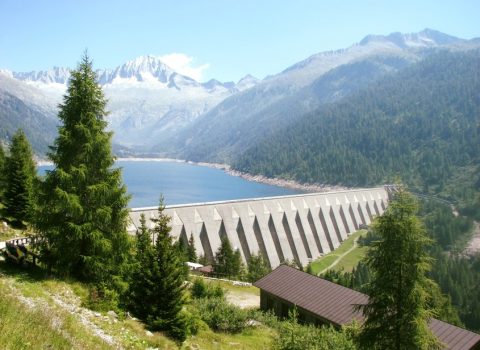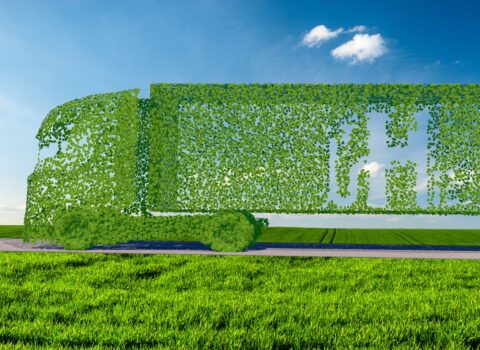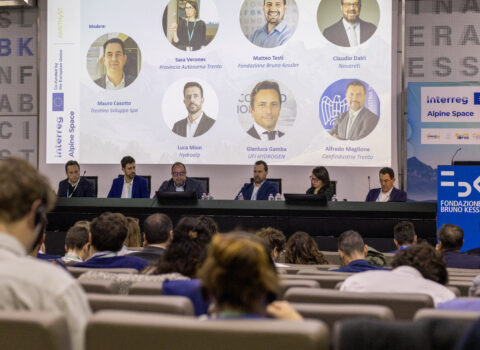
FBK Brings the Idea of Green Hydrogen and Renewable Energy Communities to REbuild 2025
The 2025 edition of REbuild, Italy's leading event on innovation in the construction sector, featured Silvia Ricciuti, a researcher at the FBK Center for Sustainable Energy, who highlighted the integration of green hydrogen into renewable energy communities as a key for a sustainable and scalable ecological transition.
REbuild serves as Italy’s national hub for the future of sustainable construction—an ideas lab and solutions platform bringing together interdisciplinary visions, urban governance models, and new technologies to address the challenge of decarbonizing the construction industry. Within this framework, Silvia Ricciuti’s contribution focused on the technological integration of renewable sources, green hydrogen, and energy communities.
The proposed model enhances Renewable Energy Communities (RECs) as participatory structures where citizens, public bodies, and businesses share locally produced energy, making it smartly available through storage and distribution technologies. For the first time in Italy, hydrogen could be introduced into these communities.
“First and foremost, green hydrogen generates no CO2 during energy production,” Ricciuti explained. “Additionally, it is highly storable, which would help solve the problem of supply intermittency by taking advantage of energy peaks directly within the renewable energy communities—urban aggregates by nature. It is versatile and can be used as a carrier for applications such as heating, mobility, and industrial processes.”
Alongside the FBK researcher’s presentation, the panel featured other significant contributions that enriched the discussion on the energy future of local areas. Andrea Martinez (Sinloc) shared insights from a project by the University of Genoa on Positive Energy Districts, emphasizing local value, risk management, and the need for a flexible energy market.
Eric Ingersoll, Managing Partner at Lucid Catalyst, explored the potential of next-generation nuclear power, with modular reactors designed for isolated communities and extreme climate conditions. Meanwhile, Paola Clerici, Senior Researcher at ENEA, reflected on the transformational shift brought by positive energy districts—blending innovation, urban governance, and new business models.
The conversation was led and moderated by Mauro Burgio, Director of Bryden Wood Milan.
